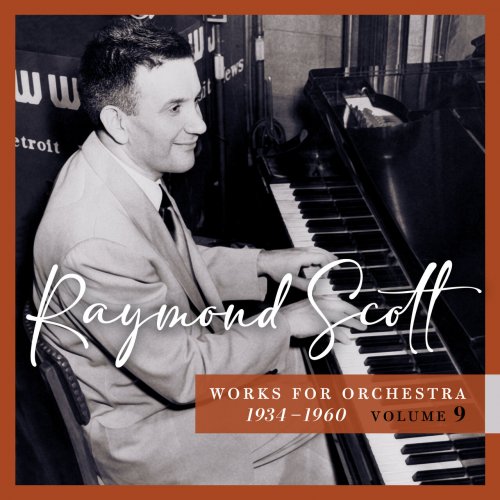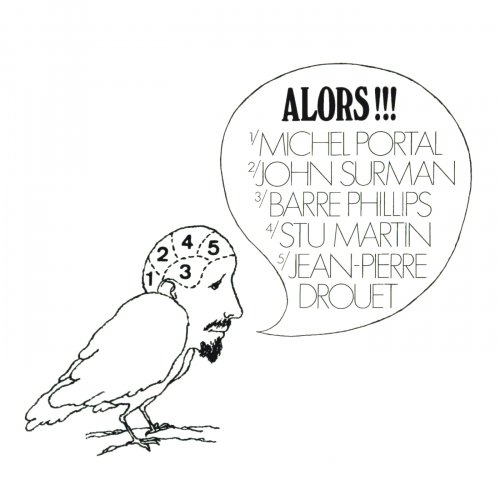Sir Andrew Davis, Sydney Chamber Choir, Melbourne Symphony Orchestra Chorus & The Melbourne Symphony Orchestra - Grainger: Works for Large Chorus and Orchestra (2013) [Hi-Res]
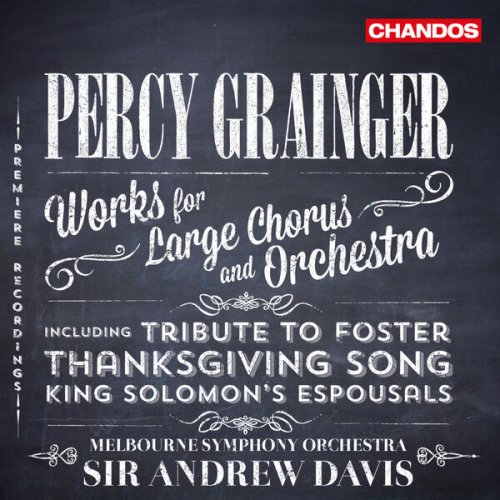
Artist: Andrew Davis, Sydney Chamber Choir, Melbourne Symphony Orchestra Chorus, Melbourne Symphony Orchestra, Sir Andrew Davis
Title: Grainger: Works for Large Chorus and Orchestra
Year Of Release: 2013
Label: Chandos
Genre: Classical
Quality: FLAC (tracks + booklet) [96kHz/24bit]
Total Time: 1:12:39
Total Size: 1.22 GB / 288 MB
WebSite: Album Preview
Tracklist:Title: Grainger: Works for Large Chorus and Orchestra
Year Of Release: 2013
Label: Chandos
Genre: Classical
Quality: FLAC (tracks + booklet) [96kHz/24bit]
Total Time: 1:12:39
Total Size: 1.22 GB / 288 MB
WebSite: Album Preview
1. King Solomon's Espousals (08:57)
2. José Carbó – Danny Deever, KS 12 (04:10)
3. Marching Song of Democracy (07:05)
4. The Wraith of Odin (05:15)
5. The Hunter in His Career, OEPM 3 (01:45)
6. Sir Eglamore, BFMS 13 (04:03)
7. Andrew Morton & Alexander Knight – The Lads of Wamphray (07:11)
8. The Bride's Tragedy (10:17)
9. Jessica Aszodi, Victoria Lambourn, Ben Namdarian, Timothy Reynolds & Nicholas Dinopoulos – Tribute to Foster (10:34)
10. Thanksgiving Song (Last tone-bout) (13:20)
The music of Percy Grainger doesn't fall into any of the 20th century's pigeonholes or "isms." He wasn't a nationalist, nor a Romantic, nor fully Australian, British, or American, but he took elements from many styles to create something that is never less than entertaining. This release contains several Grainger works that have never been recorded before, or at least not in the forms in which they appear here. The performances are fun and idiomatic, and these aspects in themselves should be enough to recommend the release to Grainger buffs. It's unclear whether the adjective "large" in the title Works for Large Chorus and Orchestra was meant to refer to both ensembles or just the chorus, but in many of these pieces it could apply to the orchestra as well. The orchestra for King Solomon's Espousals (track 1) specifies 32 wind instruments alone. Conductor Andrew Davis, leading the Melbourne Symphony Orchestra and Chorus, with the Sydney Chamber Choir, keeps the texture clear and never lets things bog down. The sheer freshness of a work like the Marching Song for Democracy (inspired by Walt Whitman although its choral singing is wordless) hasn't dimmed after more than a century, even if a few of the more serious pieces sound as though Arthur Sullivan might have parodied them if he had lived long enough. Grainger's characteristic bent toward Australian song is little in evidence here; instead you get the Tribute to Foster (track 9), the Foster in question being Stephen Foster and specifically Camptown Races. The work could be called corny, but earworms abound. Grainger, incidentally, came to Foster's music long before he ever set foot in the U.S. This is probably not the best choice for a first exposure to Grainger, but for those already in the composer's corner it's a fine pick.
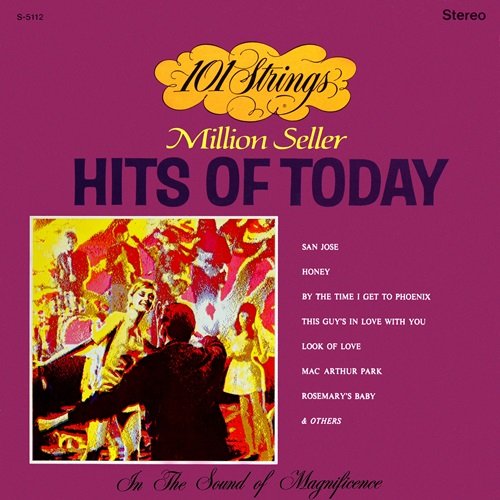
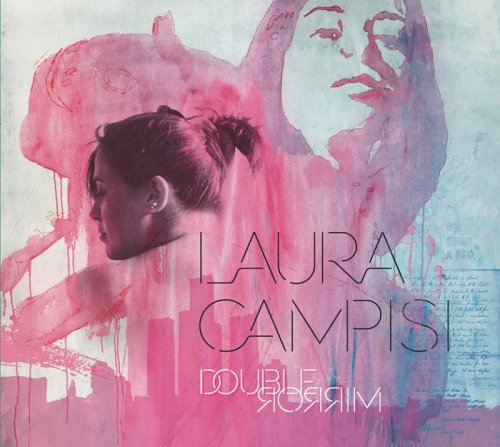
![Toc - Quelques idées d’un vert incolore dorment furieusement (2025) [Hi-Res] Toc - Quelques idées d’un vert incolore dorment furieusement (2025) [Hi-Res]](https://img.israbox.com/img/2026-01/03/2p7a6y1mdz29most6p7irqo6y.jpg)
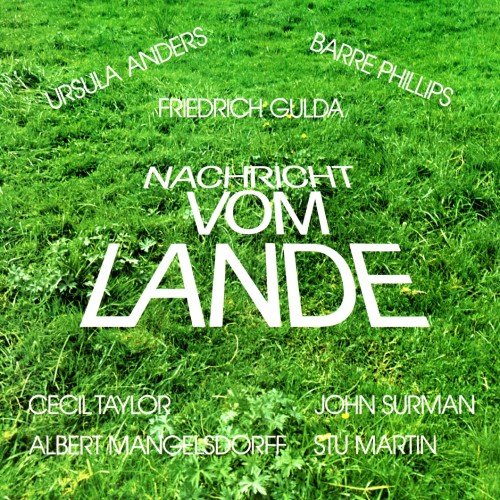
![Oiro Pena - Oiro Pena (2020) [Hi-Res] Oiro Pena - Oiro Pena (2020) [Hi-Res]](https://img.israbox.com/img/2026-01/04/r18zex2qlhbhk9ouirvlgxcm2.jpg)
![Oleksandr Kolosii - Paws Up (2023) [Hi-Res] Oleksandr Kolosii - Paws Up (2023) [Hi-Res]](https://www.dibpic.com/uploads/posts/2023-04/1681924828_folder.jpg)

